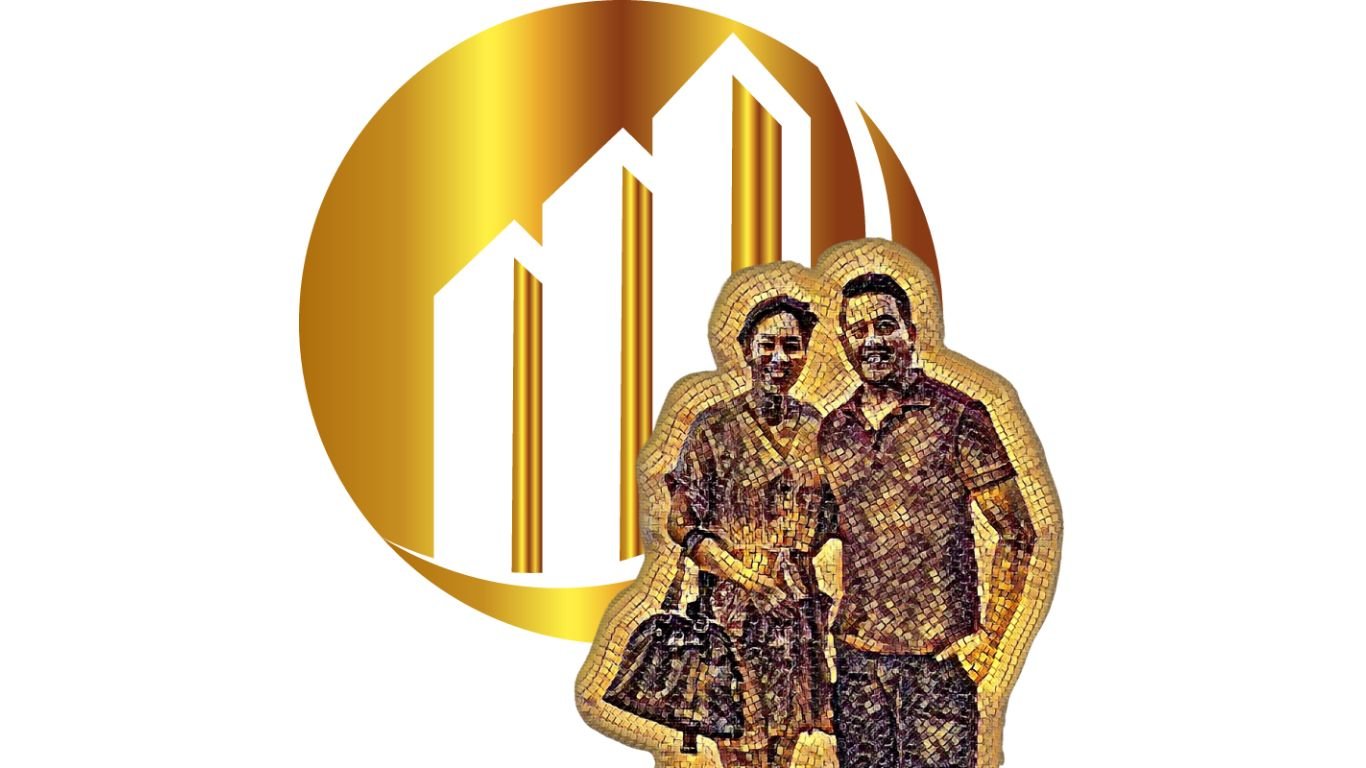There is a lot involved in buying a home. First you must browse listings and find places that you are interested in. Then you narrow the list down to those that best meet your needs and price range. Once you have settled on something, you go through negotiations until you find a price that is agreeable with you and the seller. Then you have to get a mortgage.
The thoughts of getting a mortgage make a lot of people cower in fear. That’s because if you’ve never been through the process before, there is much that you probably do not know or understand. One of the most common questions is whether one should get a fixed or adjustable rate mortgage.
A fixed rate mortgage is one that has an interest rate that remains constant for the life of the loan. That means that your payment is the same each and every month. This type of mortgage is easy to understand and makes budgeting more predictable. The downside to fixed rate mortgages is that if interest rates are high when you get your mortgage, your interest will remain high as long as you keep the original loan. If you wish to take advantage of lower interest rates in the future, you will have to refinance. That means more paperwork and additional costs.
Adjustable rate mortgages, or ARMs, feature rates that start out low, then are adjusted according to current interest rates after a specified amount of time. The initial rate can be good for anywhere from a month to 10 years, after which it may be adjusted monthly, yearly, or at any other frequency specified in the mortgage agreement. The biggest advantage of adjustable rate mortgages is the low initial interest rate. This generally means that one can get a larger loan due to the lower payments. ARMs also allow you to take advantage of falling interest rates without having to refinance. The bad thing about ARMs is their unpredictability. Depending on the mortgage’s terms, the interest rate (and your payment) could nearly double in just a few years. This would leave you with a much higher payment than you started out with, and possibly a higher payment than you would have had with a fixed rate mortgage.
Which type of mortgage you should get depends largely on your situation. How long you plan to keep the home and whether your income is likely to stay the same or increase over the coming years are two important things to consider. If you only plan to keep the home for a few years, an adjustable rate might work to your advantage. And if you need low initial payments, an ARM may be the way to go.
If you’re looking for a payment that stays constant from month to month, a fixed rate mortgage would be your best bet. If you can get one when interest rates are low, it could save you money compared to an adjustable rate in the long run.
